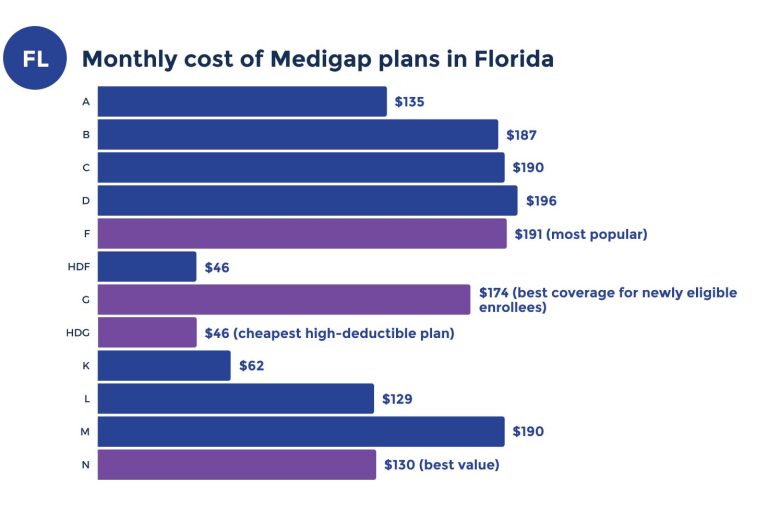The pursuit of perfect vision without the aid of glasses or contact lenses has led many to consider laser eye surgery. However, the cost can be a significant barrier. The question then arises: does medical cover laser eye surgery?
Contents
Understanding Laser Eye Surgery
Laser eye surgery, also known as refractive surgery, aims to correct vision problems like nearsightedness, farsightedness, and astigmatism. The procedure involves reshaping the cornea using a laser, allowing light to focus correctly on the retina.
Types of Laser Eye Surgery
Several types of laser eye surgery exist, including:
- LASIK (Laser-Assisted In Situ Keratomileusis): The most common type, involves creating a thin flap in the cornea, reshaping the underlying tissue, and replacing the flap.
- PRK (Photorefractive Keratectomy): Involves removing the outer layer of the cornea and reshaping the underlying tissue.
- SMILE (Small Incision Lenticule Extraction): A newer procedure involving creating a small lenticule within the cornea and removing it through a small incision.
Factors Affecting Medical Coverage
Whether medical insurance covers laser eye surgery depends on several factors, including:
- Type of Insurance: Some insurance plans may offer coverage for laser eye surgery, while others may not.
- Medical Necessity: Coverage may depend on whether the surgery is considered medically necessary to correct a vision problem that significantly impacts daily life.
- Pre-existing Conditions: Some insurance plans may exclude coverage for pre-existing conditions, including vision problems.
- Policy Exclusions: Certain policies may specifically exclude coverage for elective procedures like laser eye surgery.
Does Medical Cover Laser Eye Surgery: The General Scenario
In most cases, medical insurance does not cover laser eye surgery as it is considered an elective procedure. However, there are exceptions. Some insurance plans may offer partial coverage or discounts for laser eye surgery, especially if it is deemed medically necessary.
When is Laser Eye Surgery Considered Medically Necessary?
Laser eye surgery may be considered medically necessary in certain situations, such as:
- Severe vision impairment: If the vision problem significantly impacts daily life and cannot be adequately corrected with glasses or contact lenses.
- Anisometropia: A condition where there is a significant difference in the refractive error between the two eyes.
- Occupational requirements: Certain professions may require good vision without glasses or contact lenses.
How to Find Out if Your Insurance Covers Laser Eye Surgery
The best way to determine if your insurance covers laser eye surgery is to contact your insurance provider directly. They can provide you with detailed information about your coverage and any exclusions that may apply.
Tips for Getting Coverage for Laser Eye Surgery
If your insurance does not cover laser eye surgery, there are still ways to make it more affordable:
- Flexible Spending Accounts (FSAs) and Health Savings Accounts (HSAs): These accounts allow you to set aside pre-tax dollars to pay for medical expenses, including laser eye surgery.
- Financing options: Many laser eye surgery providers offer financing options to help make the procedure more affordable.
- Discounts and promotions: Some providers may offer discounts or promotions for laser eye surgery.
The Importance of Choosing a Qualified Surgeon
Regardless of whether your insurance covers laser eye surgery, it is crucial to choose a qualified and experienced surgeon. Research different providers, read reviews, and ask questions to ensure you are comfortable with your choice.
Benefits of Laser Eye Surgery
Laser eye surgery offers several benefits, including:
- Improved vision: The primary benefit is improved vision without the need for glasses or contact lenses.
- Increased freedom: Enjoy activities like swimming, sports, and travel without the hassle of glasses or contact lenses.
- Enhanced self-confidence: Many people experience a boost in self-confidence after laser eye surgery.
Risks of Laser Eye Surgery
While laser eye surgery is generally safe and effective, it is important to be aware of the potential risks, including:
- Dry eyes: A common side effect that usually resolves within a few months.
- Halos or glare: Some people may experience halos or glare around lights, especially at night.
- Undercorrection or overcorrection: The surgery may not fully correct the vision problem or may overcorrect it, requiring additional treatment.
Alternatives to Laser Eye Surgery
If laser eye surgery is not an option, there are alternative vision correction procedures, such as:
- Implantable contact lenses (ICLs): These lenses are surgically implanted into the eye to correct vision problems.
- Refractive lens exchange (RLE): This procedure involves replacing the natural lens with an artificial lens to correct vision problems.
Conclusion
While medical insurance typically does not cover laser eye surgery, there are exceptions and ways to make it more affordable. If you are considering laser eye surgery, it is important to research your options, choose a qualified surgeon, and understand the potential risks and benefits.
Read More: Does Medi-Cal Cover LASIK Eye Surgery?







